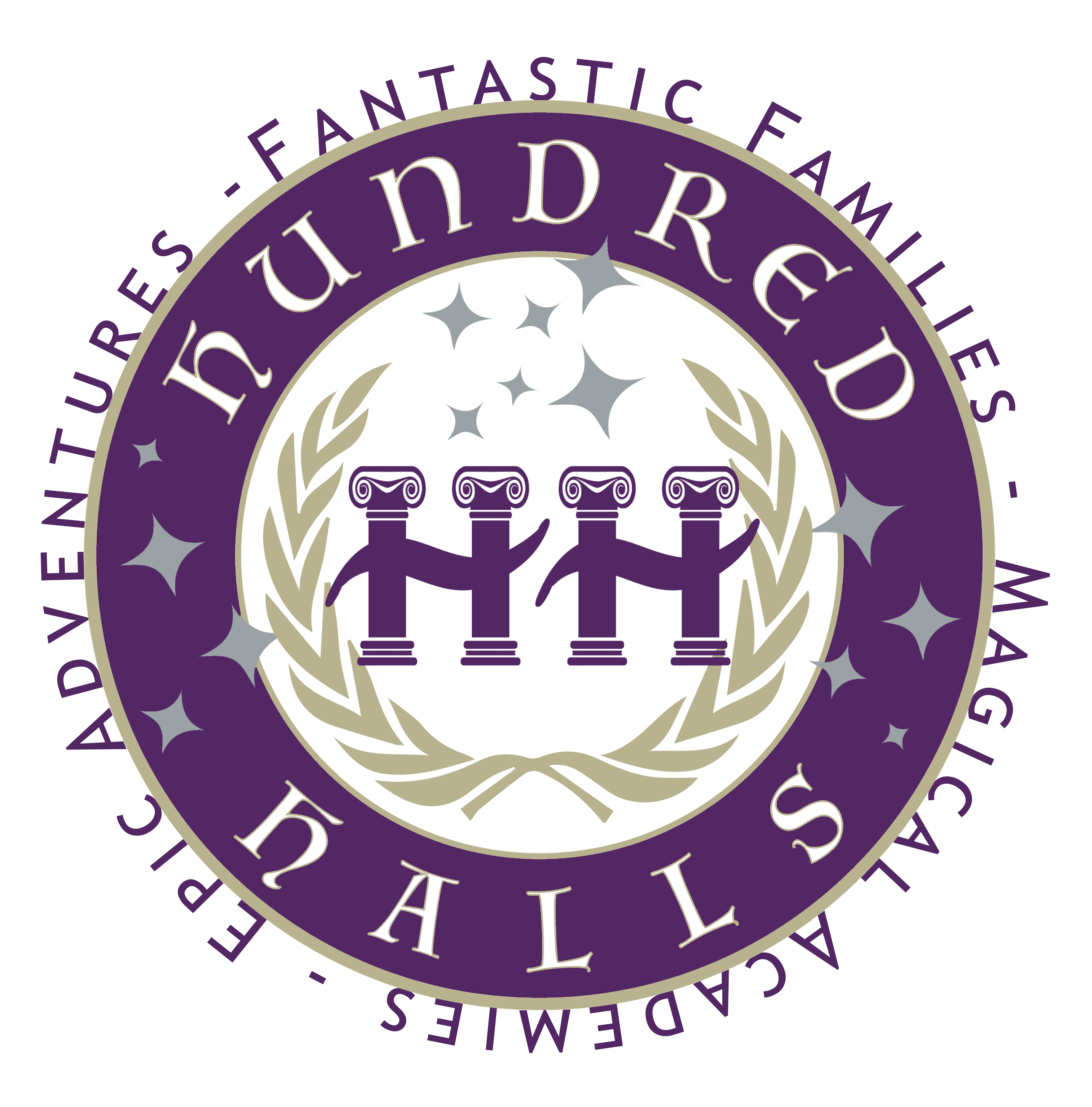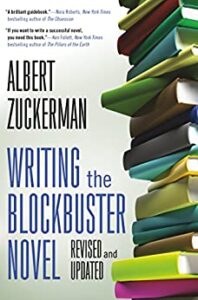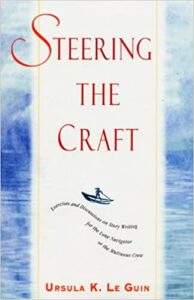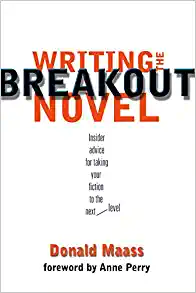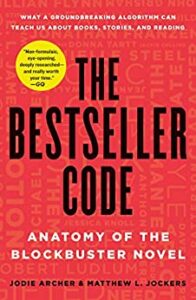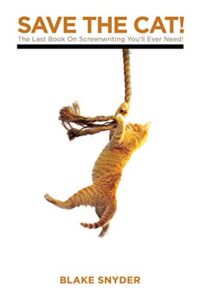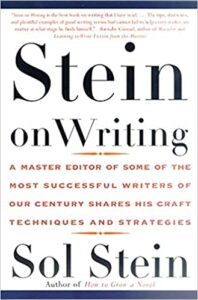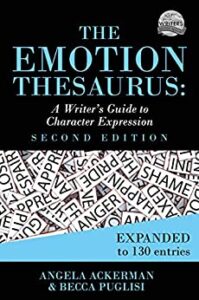In my best tips for writing post I said that one of the things every writer should do is continuously read. Today I want to share with you 7 books that really helped me improve my writing craft. These are books that I think every writer should read.
Writing the Blockbuster Novel by Albert Zuckerman. Mr. Zuckerman, a former novelist, TV writer, and teacher of playwriting at Yale, is the founder of Writers House, one of the largest literary agencies in the world. This book is filled with great advice on how to build characters, how to use point of view to establish empathy in the reader, how to weave plot strands together, and much more.
Steering the Craft by Ursula K. Le Guin. This book includes exercises and discussion points for writers and was developed from a workshop Ms. Le Guin gave in 1996. It is filled with exercises you can do to improve not only your technical writing skills (think punctuation), but also your creative skills. Don’t just read the book. Do the exercises!
Writing the Breakout Novel: Insider Advice for Taking Your Fiction to the Next Level by Donald Maass. In this book Mr. Maass details the elements that all breakout novels share, then shows you the writing techniques used so you can replicate the ideas in your own writing. Each chapter ends with a checklist of items that you should include.
The Bestseller Code: Anatomy of the Blockbuster Novel by Jodie Archer and Matthew L. Jockers. This book uses text-mining research done over 5 years with twenty thousand novels to show why some books become a massive success. As a former engineer, I love data driven research and this book is filled with it.
Save the Cat! The Last Book on Screenwriting that You’ll Ever Need by Blake Snyder. This humorous book is about creating screenplays, but I find this applies to novel writing as well. You’ll learn how to write effective loglines which helps in blurb writing as well as pitching your ideas to agents.
Stein on Writing by Sol Stein. Stein is a master editor and explains his book in his own words: “This is not a book of theory. It is a book of usable solutions–how to fix writing that is flawed, how to improve writing that is good, how to create interesting writing in the first place.” With examples from bestsellers as well as from students’ drafts, Stein offers detailed sections on characterization, dialogue, pacing, flashbacks, trimming away flabby wording, and much more.
The Emotion Thesaurus: A Writer’s Guide to Character Expression by Angela Ackerman and Becca Puglisi. This book shares compelling ways to convey emotion to readers and has been so helpful! It is not a simple thesaurus, but includes physical signals, internal sensations, mental responses, cues of long-term effects, and suppression of each emotion listed.
I hope these books help you on your writing journey. Are there other books you would recommend? Let me know in the comments.
